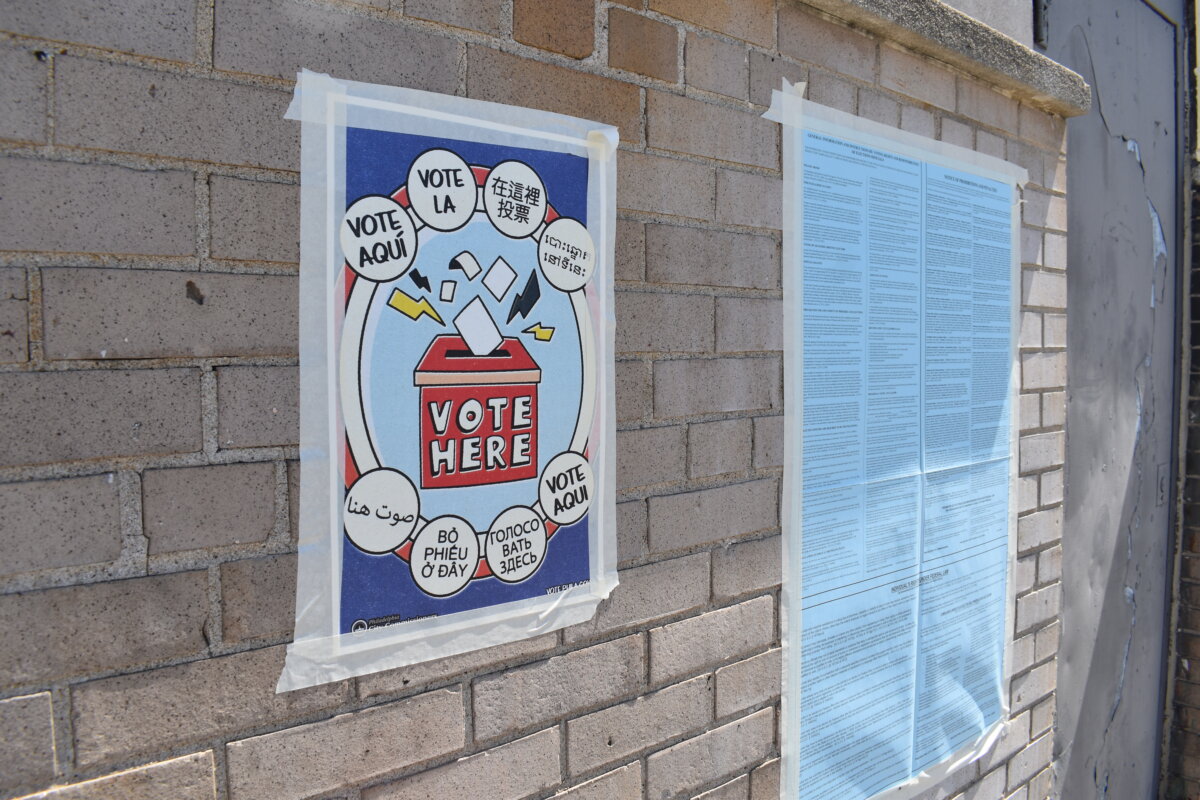By Nita Bhalla
NEW DELHI (Thomson Reuters Foundation) – India plans to launch a public awareness drive on adoption procedures to curb the buying and selling of children after the police found stolen babies and infant skeletons during raids on charities, clinics and homes for the mentally ill and elderly. Thirteen babies have been rescued, and the remains of two other infants uncovered, in a series of raids in the eastern state of West Bengal over the last 10 days, as police investigate a suspected international human trafficking racket. Eighteen people, including doctors, midwives, owners of charities and clinics in North 24 Parganas and South 24 Parganas districts have been arrested, suspected of stealing babies from women who delivered at clinics, but told they were stillborn. The babies were then smuggled by road in cardboard biscuit boxes and kept in homes for the elderly and disabled until they sold for adoption within India and overseas, say police.
India’s Women and Child Ministry said on Wednesday the discovery had prompted Women’s Minister Maneka Gandhi to take action to stem the crime of baby smuggling.
“We are convening meetings to sensitize (the) public about adoption procedure as laid down by law to avoid such heinous incidents,” said the statement posted on the ministry’s Facebook page and on its Twitter account. The social media post also included photographs of the some of rescued babies, all under 10 months old, lying in the intensive care unit of a local hospital, where they are being treated for malnutrition, skin and respiratory infections. Reports of human trafficking in India increased by 25 percent in 2015 compared to the previous year, with more than 40 percent of cases involving children being bought, sold and exploited as modern day slaves, government crime data showed. There were 6,877 cases related to human trafficking last year against 5,466 in 2014, with the highest number of cases reported in the northeast state of Assam, followed by West Bengal, according to the National Crime Records Bureau. Thousands of children are lured to big cities each year by traffickers who promise good jobs but sell them into domestic or sex work or to industries such as textile workshops.
Often they are unpaid or held in debt bondage in sectors such as construction and agriculture. Children are also abducted for slavery or for sale for adoption using fake documentation.
(Reporting by Nita Bhalla. Editing by Katie Nguyen. Please credit the Thomson Reuters Foundation, the charitable arm of Thomson Reuters, that covers humanitarian news, women’s rights, trafficking, corruption and climate change. Visit news.trust.org)


















